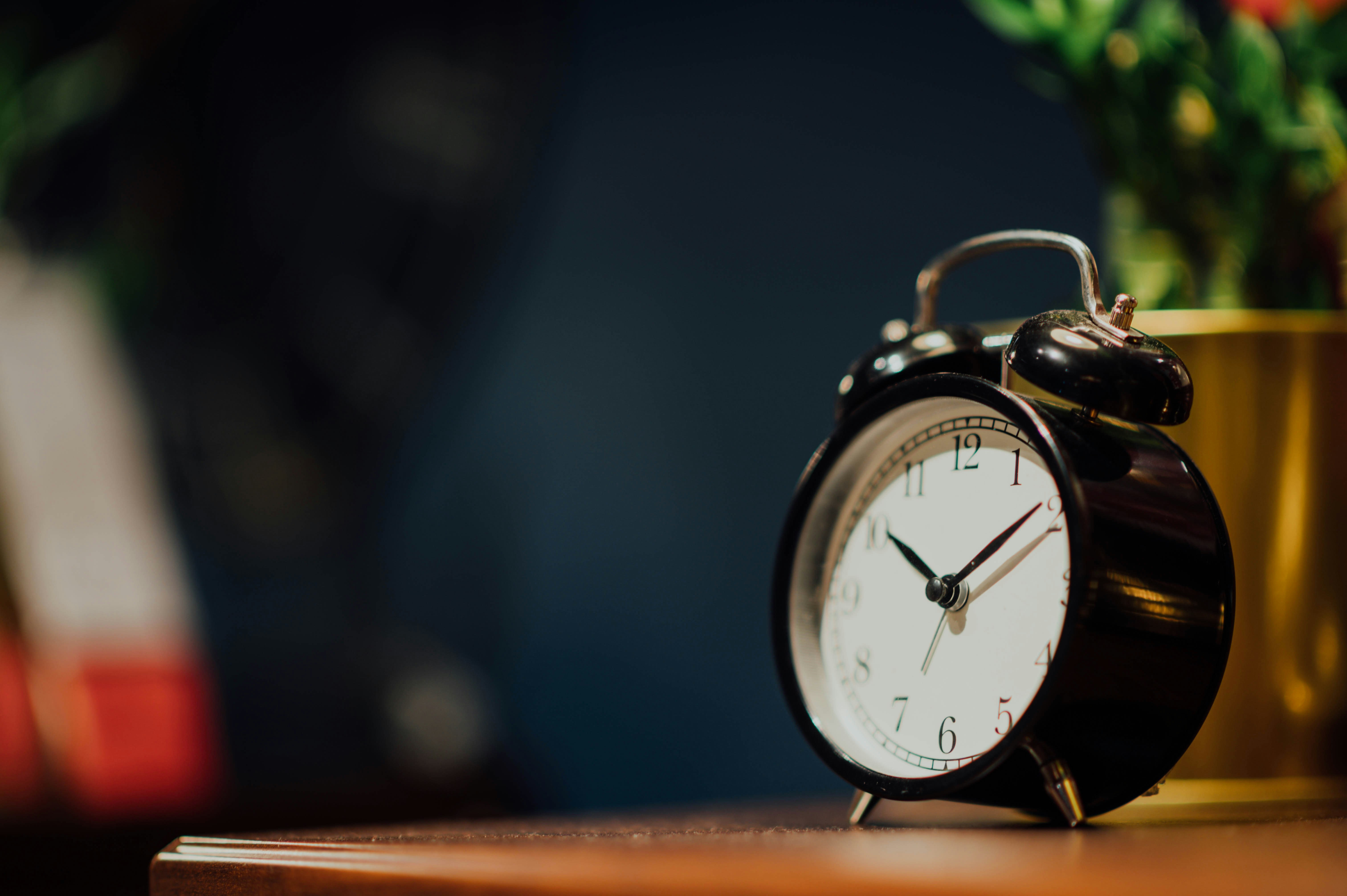Per Caitlin Beale, MS, RDN in Motherly “What is microchimerism? Tiny cellular souvenirs may keep you connected to your baby long after pregnancy”.
“They say being a parent is like having your heart walk outside your body. While it may feel true that your baby is now part of you in a figurative sense, it turns out there’s science to suggest that’s literally the case. During pregnancy, fetal cells can pass through the placenta into the mother’s bloodstream and take up residence—a phenomenon called microchimerism.
A mother passes nutrients, air, water and other vital materials to the baby via the placenta during pregnancy. In return, the baby gives mama a tiny present that lasts for years, decades or even her lifetime. You may carry cells from your children and your mother simultaneously—highlighting the deep connection between parent, child and even between generations."
Mother’s Day is a great time to celebrate the literal physical and emotional bond we share with our Moms and be grateful!
 Photo by
Photo by  Photo by
Photo by  Photo by
Photo by